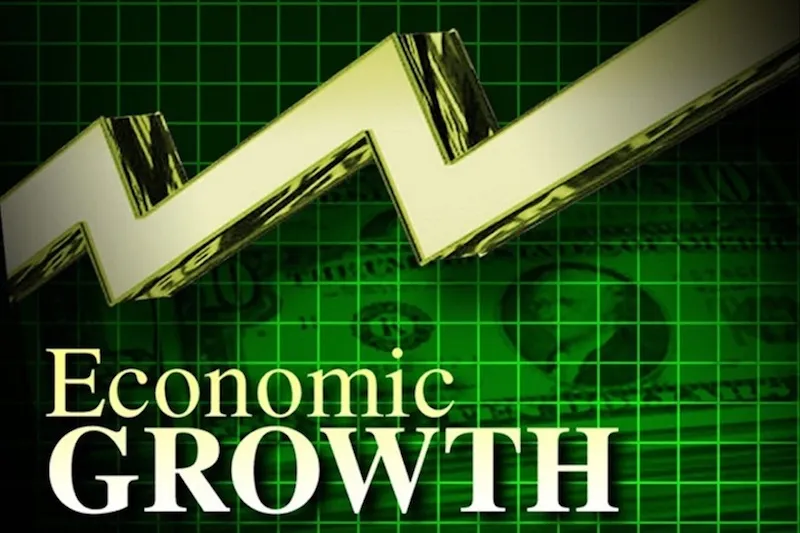As the world enters the mid-2020s, Nigeria stands at a crossroads, with significant opportunities to harness its vast resources and youthful population for economic growth. Despite the persistent challenges of insecurity, inflation, and infrastructure deficits, the country’s prospects for economic development in 2025 remain promising, provided the government and private sector adopt innovative and proactive strategies.
One of the most critical drivers of Nigeria’s economic growth will be the technology sector. Dubbed Africa’s tech hub, Nigeria’s digital economy continues to expand rapidly. Startups in fintech, agritech, and healthtech are attracting substantial investment, with global venture capital firms increasingly recognising the country’s potential. This year, the digital economy could contribute significantly to GDP growth, provided there is continued investment in digital infrastructure and an enabling regulatory environment.
Agriculture also remains a key pillar for Nigeria’s economic transformation. With vast arable land and a growing emphasis on mechanisation and value-chain development, the sector has the potential to not only ensure food security but also drive export diversification. The government’s commitment to initiatives like the Anchor Borrowers’ Programme and partnerships with private agribusinesses could enhance productivity and reduce dependence on food imports in 2025.
Another sector poised for growth is renewable energy. With millions of Nigerians still lacking access to reliable electricity, the renewable energy sector offers a sustainable solution to the country’s energy crisis. Investments in solar power and off-grid solutions have been increasing, supported by international funding and local initiatives. In 2025, renewable energy could significantly enhance energy access, boosting productivity and improving the quality of life for millions.
The entertainment and creative industries will also play a crucial role in Nigeria’s economic trajectory. From Nollywood to Afrobeats, Nigeria’s cultural exports continue to gain global acclaim, attracting investment and creating employment opportunities. Platforms like Netflix and Spotify have amplified the reach of Nigerian creators, while government initiatives such as the Creative Industry Financing Initiative (CIFI) aim to support the sector’s growth.
Infrastructure development remains a cornerstone for economic growth. Projects such as the Lekki Deep Sea Port, ongoing road and rail expansions, and the Dangote Refinery are expected to enhance trade, reduce transportation costs, and attract foreign investment. By addressing infrastructural bottlenecks, Nigeria can create an enabling environment for businesses to thrive.
However, for Nigeria to realise these growth prospects, several challenges must be addressed. The twin issues of insecurity and corruption continue to hinder investor confidence and economic activity. Tackling these problems will require robust governance reforms and sustained efforts to strengthen institutions.
Additionally, macroeconomic stability is crucial. Addressing inflation, stabilizing the naira, and implementing sound fiscal and monetary policies will be essential for fostering a conducive environment for growth. Diversifying revenue streams beyond oil exports, through taxation and non-oil sectors, will also be critical.
In 2025, Nigeria’s economic prospects could hinge on its ability to leverage its demographic advantage. With a youthful and entrepreneurial population, investments in education and skill development will be vital. Empowering young Nigerians to participate meaningfully in the economy can unlock unprecedented levels of productivity and innovation.
Nigeria’s path to economic growth in 2025 is filled with potential, but it requires deliberate actions by President Bola Tinubu to address structural challenges and harness emerging opportunities. With the right mix of policies, investments, and reforms, the country can position itself as the leading economic powerhouse in Africa once again, driving prosperity for its people and the region as a whole.





